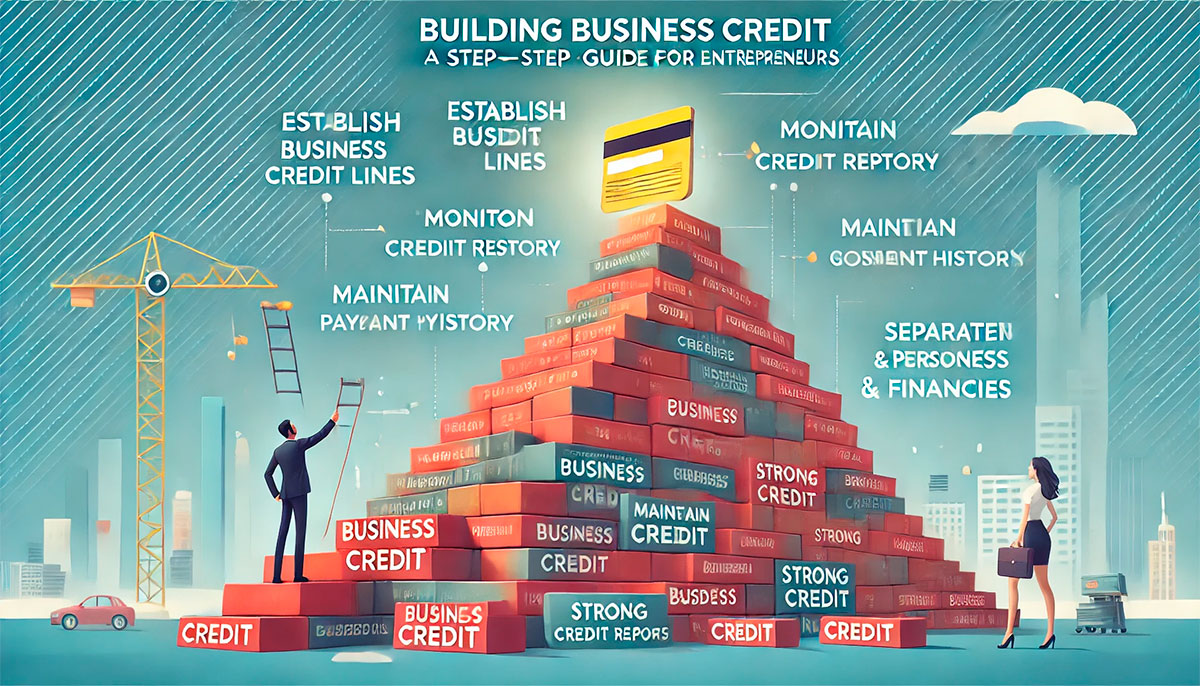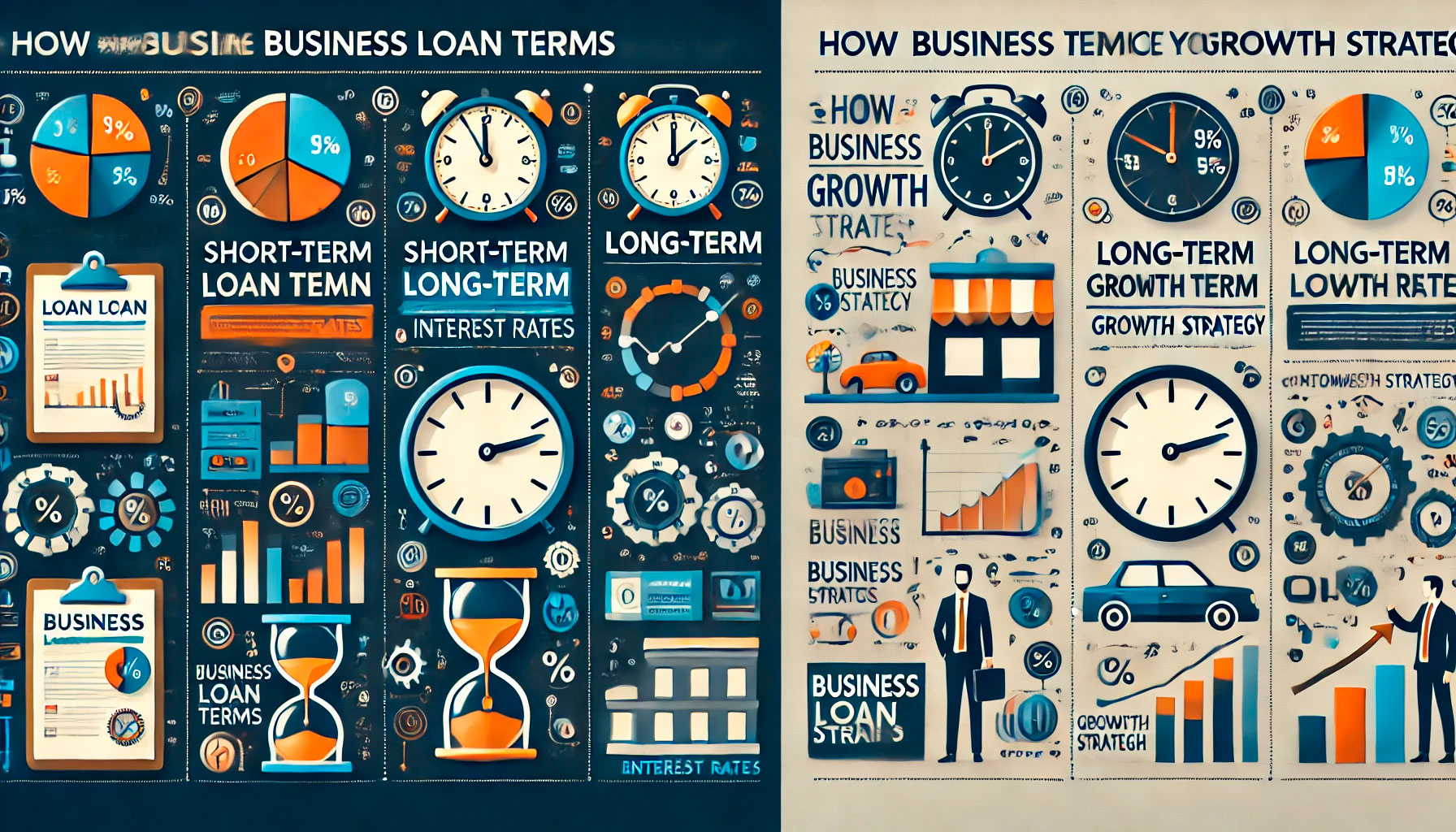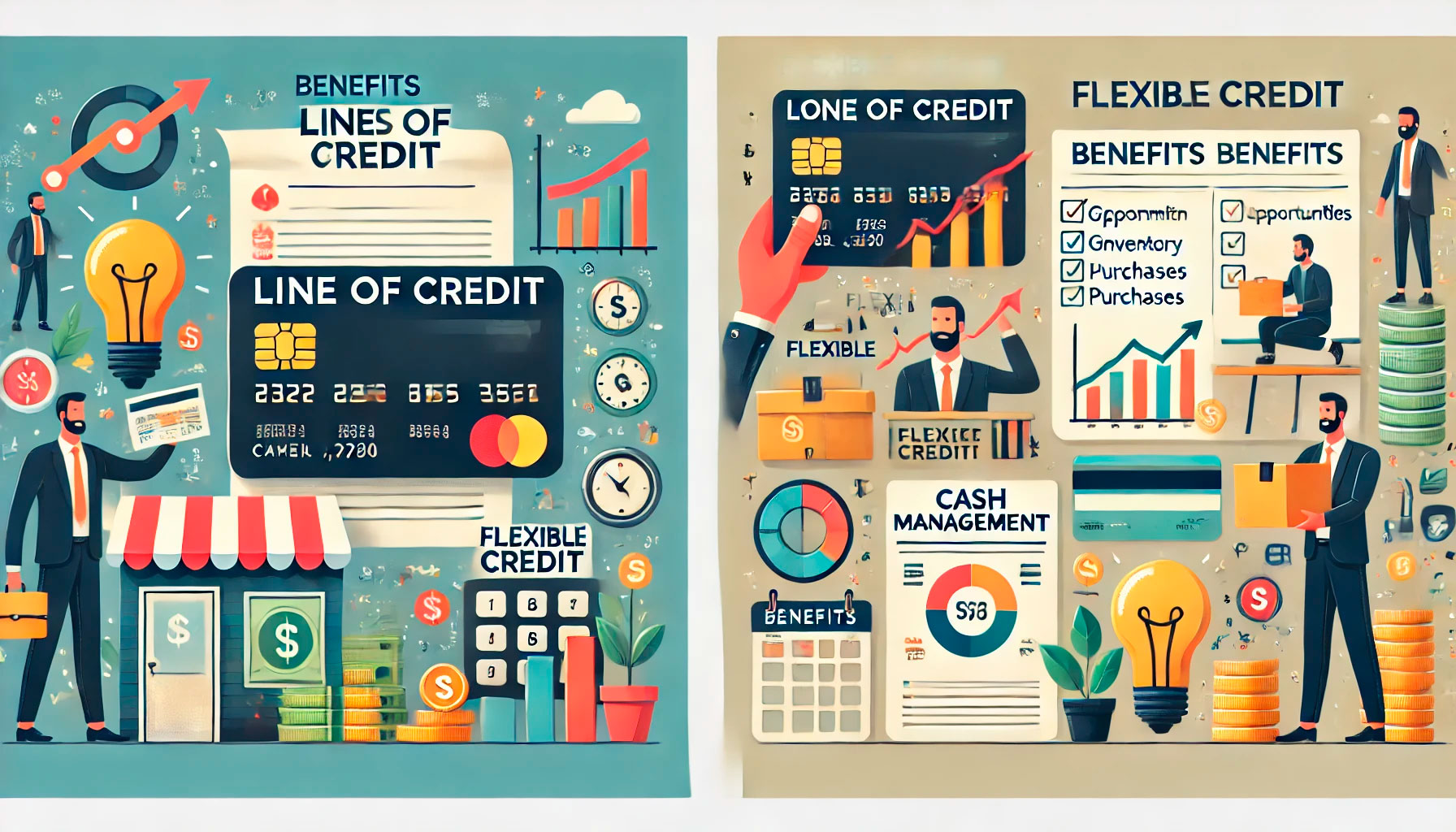
Building Business Credit: A Step-by-Step Guide for Entrepreneurs
For many entrepreneurs, building strong business credit is essential for securing loans, better financing terms, and improving the overall financial health of their business. Just as personal credit impacts an individual’s ability to borrow money, business credit helps establish trustworthiness and financial stability in the eyes of lenders, vendors, and suppliers. The stronger your business credit, the more opportunities you’ll have to grow and expand your enterprise. This guide will take you through the steps needed to build business credit and leverage it to your advantage.
Why Business Credit Matters
Separation from Personal Credit
One of the key reasons for building business credit is to separate your personal financial history from your business. While many entrepreneurs rely on personal credit in the early stages of their business, this can quickly become risky. By building business credit, you not only protect your personal assets but also create a more professional financial identity for your company. Establishing good business credit will ensure that your business can secure financing without putting your personal credit score at risk.
Access to Better Financing Options
A strong business credit score can unlock better financing opportunities. Lenders and financial institutions are more likely to offer loans at lower interest rates and with favorable terms to businesses that demonstrate financial responsibility. Additionally, suppliers may offer better payment terms to companies with good credit, improving cash flow and allowing more time for payments. This can be particularly valuable as your business grows and requires more capital to expand.
Step 1: Establish Your Business as a Separate Entity
Register Your Business
The first step in building business credit is ensuring that your business is properly registered. This includes choosing the appropriate legal structure, such as a Limited Liability Company (LLC) or Corporation, which separates your personal and business finances. Registering your business with the relevant authorities will provide you with a tax identification number (EIN) and ensure your business operates as a legitimate entity.
Open a Business Bank Account
Once your business is registered, the next critical step is to open a business bank account. Having a dedicated business account not only helps with financial management but also establishes credibility. Lenders and creditors will look at whether your business has its own account when determining your financial responsibility. Make sure that all business transactions flow through this account, keeping personal and business finances completely separate.

Step 2: Obtain a Business Credit Card
Why a Business Credit Card Is Important
One of the quickest ways to start building business credit is to apply for a business credit card. Using a credit card responsibly shows that your business can manage debt and make timely payments. Unlike personal credit cards, a business credit card reports to commercial credit bureaus, helping you establish a business credit profile.
Choosing the Right Card
When selecting a business credit card, consider factors such as interest rates, rewards programs, and fees. Many cards offer cashback or travel rewards, which can be reinvested into your business. Additionally, be sure to choose a card that reports to the major business credit bureaus, such as Dun & Bradstreet, Experian Business, or Equifax Business, as this will directly impact your business credit score.
Step 3: Pay Vendors and Suppliers on Time
Building Trust with Vendors
Your relationships with vendors and suppliers also play a critical role in building business credit. Establishing trade lines with suppliers who report your payment history to business credit bureaus is essential. Always pay your bills on time, or even early, to show that your business is financially reliable. Consistent, timely payments can significantly improve your business credit score over time.
Ask for Trade Credit
Trade credit is when a vendor allows you to purchase goods and services and pay for them at a later date. By negotiating trade credit terms with your suppliers and maintaining a good payment history, you can build your business credit without the need for traditional loans. Ensure that your suppliers report to credit bureaus so your timely payments are factored into your business credit profile.
Step 4: Monitor and Improve Your Business Credit Score
Check Your Business Credit Reports Regularly
Just as you would monitor your personal credit, it’s essential to keep track of your business credit reports. Regularly check your reports with Dun & Bradstreet, Experian Business, and Equifax Business to ensure that all information is accurate. Discrepancies or errors in your report could negatively affect your credit score, so it’s important to address these issues quickly.
Take Steps to Improve Your Score
If your business credit score is lower than desired, take steps to improve it. Focus on making timely payments, reducing outstanding debt, and diversifying your credit portfolio by using a mix of credit types, such as loans, credit cards, and trade credit. As your credit score improves, you’ll gain access to more favorable financing options, helping your business grow more efficiently.
Step 5: Seek Business Financing Strategically
Apply for Loans and Lines of Credit
Once you’ve established a solid business credit history, you can begin applying for business loans and lines of credit. Whether you’re looking to invest in new equipment, expand operations, or manage cash flow, securing financing becomes much easier with a strong credit score. Ensure that you apply for financing that suits your business needs and take care to maintain your positive payment history to continue building credit.
Use Financing Wisely
When securing business financing, use it strategically to support growth. Avoid taking on too much debt, as high credit utilization can negatively impact your credit score. Instead, focus on using financing to increase revenue, expand your customer base, or invest in operational efficiency. By managing your debt wisely, you can strengthen your credit profile and position your business for long-term success.
Conclusion
Building business credit is a gradual process, but the rewards are significant. By establishing your business as a separate entity, using credit responsibly, and maintaining good relationships with vendors and suppliers, you can build a strong business credit profile that opens up opportunities for financing and growth. Regularly monitoring and improving your credit score ensures that your business remains in a strong financial position, ready to take advantage of new opportunities as they arise. With careful planning and diligent financial management, entrepreneurs can use business credit to lay the foundation for a successful and sustainable business future.
You May Also Like

Business Loans for Startups: What You Need to Qualify
July 4, 2024
How Business Loan Terms Can Shape Your Growth Strategy
December 11, 2024
